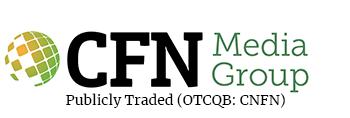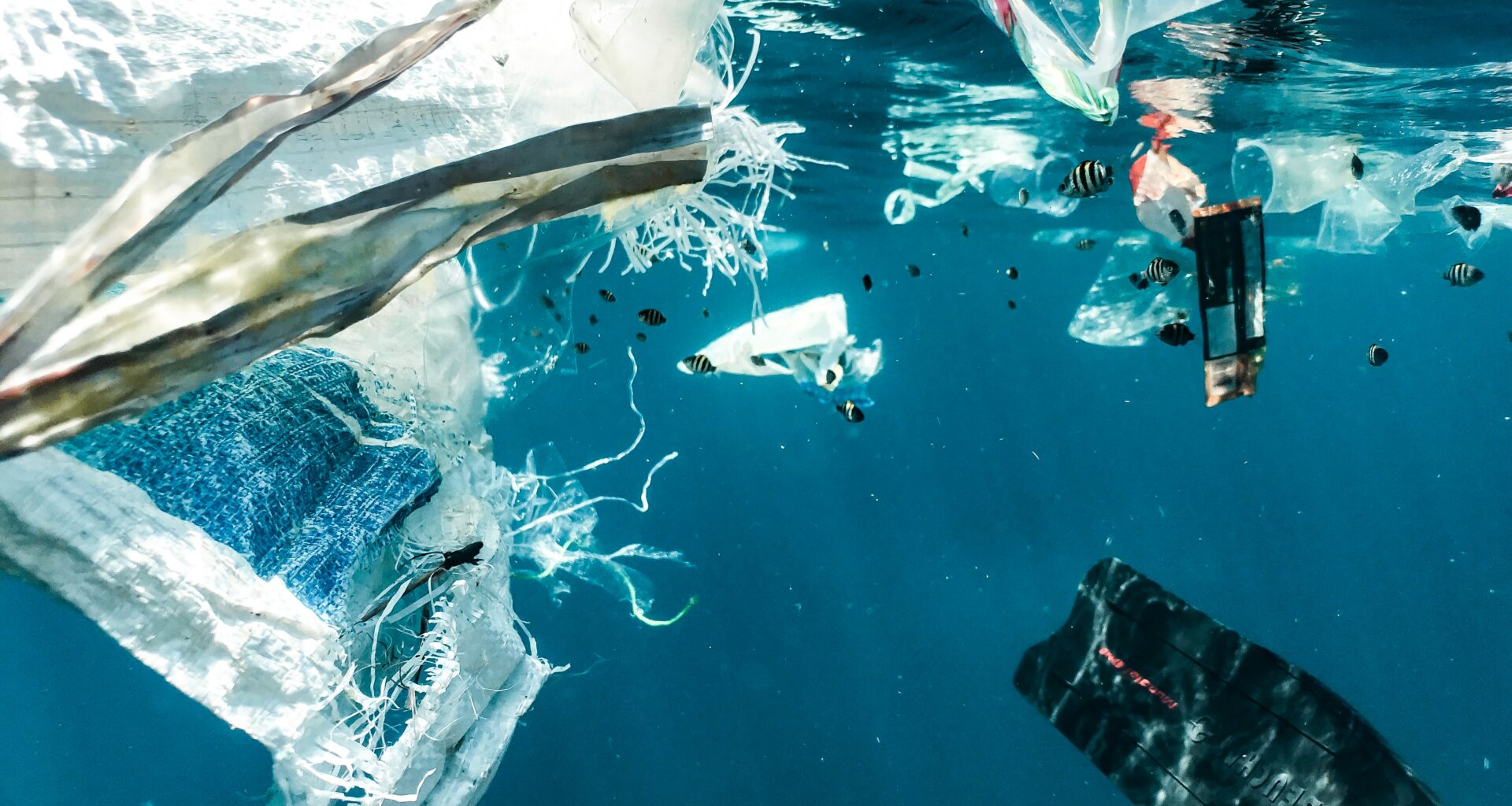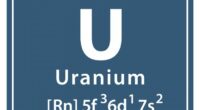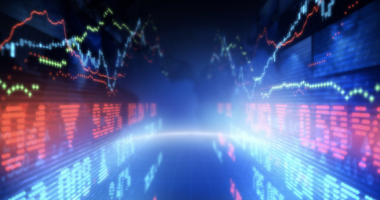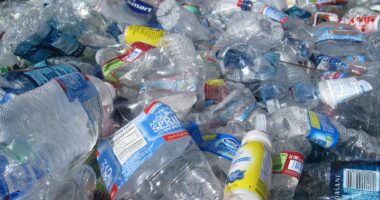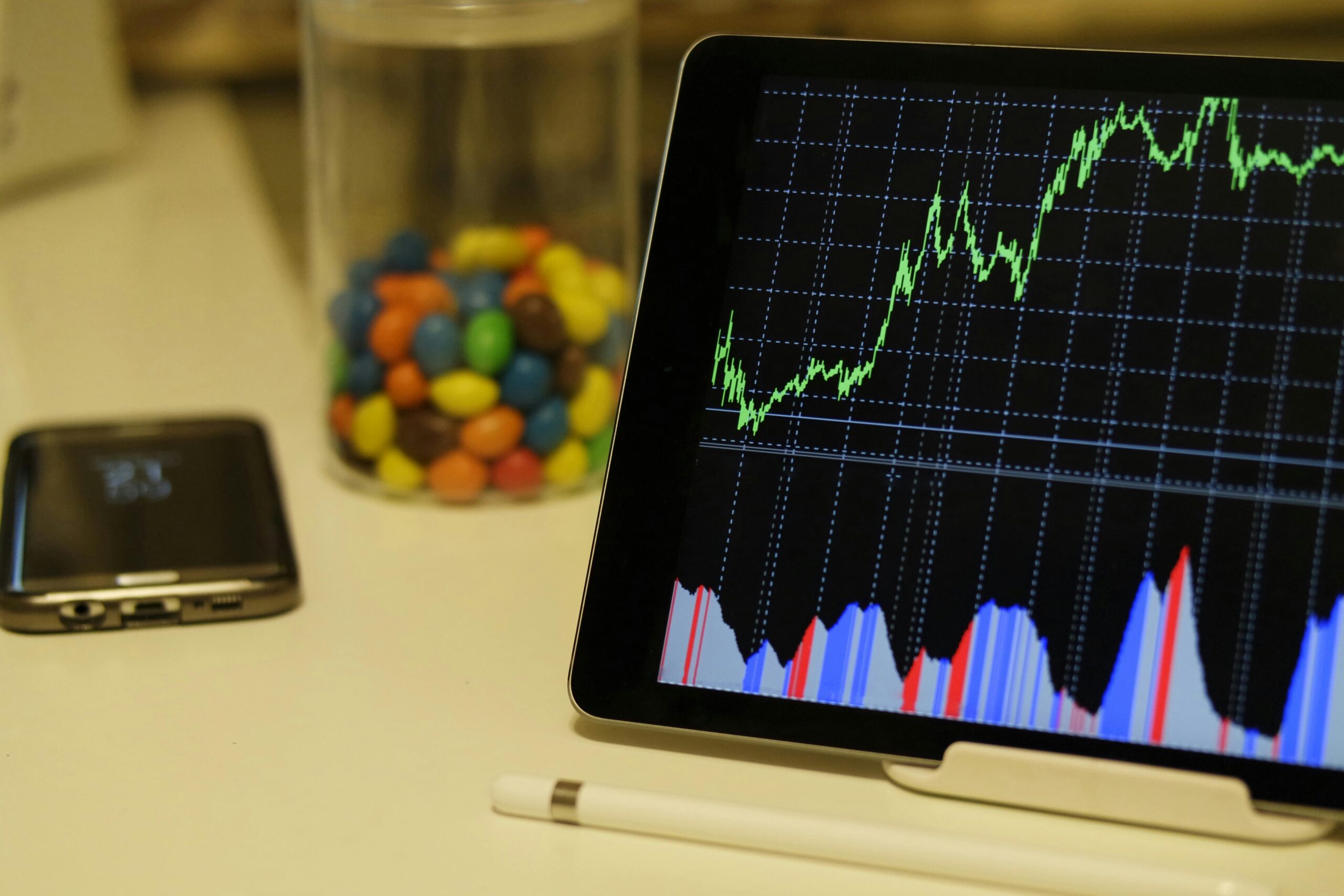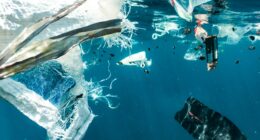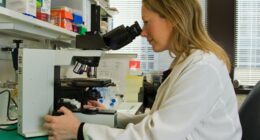Sometimes, inadequate systems and processes become so ingrained that a major catalyst is needed to jumpstart the replacement of those failures. The plastic recycling industry is a prime and current example. The status quo is not capable of efficiently and responsibly processing the ever-increasing proliferation of plastic products. Less than 10% of plastics are recycled globally, and inadequate technology is a major reason why.
The plastic that is now recycled is either ground up into particles or super-heated (pyrolysis) to create a usable distillation of the original product. Both approaches require extensive sorting and cleaning to make them work, and rely on massive economies of scale that further inhibit their usefulness in many locations. On top of the expense and the logistical problems, the amount of carbon pollution created flies in the face of governmental and corporate efforts to move toward carbon-free technologies.
This is a case where legislation and legal challenges may catalyze the massive petrochemical industry to truly pursue a circular economy for plastics. If real progress is made, advanced recycling innovators like PureCycle Technologies (NASDAQ: PCT) and Aduro Clean Technologies (CSE: ACT) (OTCQB: ACTHF) (FSE: 9D50) could be key players in the new approach. Some recent developments are compelling and point toward this happening.
The United Nations Environment Programme
The United Nations Environment Programme is in charge of finalizing an international plastics treaty by the end of 2024. The treaty takes a comprehensive approach that addresses the full life cycle of plastic, including its production, design, and disposal. The goal is to end, or in reality severely limit, pollution from plastic waste. 175 nations signed onto the agreement that set the treaty negotiation process in motion. So far, there have been four working sessions, and the final session will take place in November in Busan, Republic of Korea. A treaty is expected to be produced by the end of the year.
The United States Government
Last week a bipartisan bill was introduced in Congress that would require plastic packaging to contain at least 30% recycled material. There are several provisions in the bill, including defining chemical (or “advanced”) recycling as a “critical component of the international market for recycled products.” The bill also takes into account greenhouse gas emissions created by the manufacturing of products, and would create national standards for plastic recycling.
Other bills have stalled in Congress, but the bipartisan approach offers some hope this time around. Concurrently, there is a private/public partnership pushing toward circularity for plastics. The United States Plastics Pact recently moved its goalposts, however, pushing back many of its previously stated targets from 2025 to 2030. The Executive Director of the organization, Emily Tipaldo, chalked up the move to ambitious goals that have not, to this point, been supported by federal government rules or initiatives. She also noted the current inability of recycled plastics to compete with the readily and abundantly available virgin plastic materials.
The United States is the world’s largest plastics market without extended producer responsibility (EPR) laws which require plastic makers to take care of the waste their packaging creates. Signatories to the pact in the US include many of the world’s largest companies, including Coca Cola, Unilever, Nestlé, Kraft Heinz, L’Oréal, and Conagra. In many ways, the US will have to step forward significantly for the problem of plastic pollution to be solved.
State of California vs. ExxonMobil
The State of California has filed a first-of-its-kind lawsuit against ExxonMobil for allegedly touting plastic recycling as a solution while the company knew that the technology was not adequate. “For decades, ExxonMobil has been deceiving the public to convince us that plastic recycling could solve the plastic waste and pollution crisis when they clearly knew this wasn’t possible,” California Attorney General Rob Bonta said in a statement.
ExxonMobil for its part places the blame on the State of California. A spokesperson said, “For decades, California officials have known their recycling system isn’t effective. They failed to act, and now they seek to blame others. Instead of suing us, they could have worked with us to fix the problem and keep plastic out of landfills.”
However the lawsuit works out, the machinations of the plastic recycling industry and its overseers will be laid bare at a time when plastic pollution is widely recognized by trade groups, governments, and citizens to be a major problem. The situation is reminiscent of the tobacco industry in the 1990s, when it took a lawsuit from 46 states and a $206 billion settlement for tobacco makers to fundamentally change how they approach the sales and marketing of a public health risk.
Emerging Recycling Tech Companies
PureCycle Technologies
This is probably the most well-known and advanced chemical recycling company. Procter & Gamble, one of the world’s largest consumer packaged goods companies, developed a new technology that uses solvents to dissolve polypropylene plastic, remove contaminants, liquefy the remaining polymers, and produce plastic pellets for use in a wide range of products. PureCycle Technologies was created, in partnership with the tech commercializing firm Innventure, to bring the solution to market.
Polypropylene is known as plastic #5 in the packaging industry, but is also ubiquitous in items like clothing and carpets. Though it accounts for more than 25% of global plastic production, virtually none of it is recycled worldwide. PureCycle is currently operating its initial plant in Ironton, Ohio. Production from the plant has been happening in fits and starts since reaching mechanical completion in Q2 2023, as the company works out the kinks of its processes. After re-starting again, PureCycle recently announced the processing of more than one million pounds of feedstock in a single week.
The company’s pellets have been approved by the U.S. FDA for use in food grade applications, as well as cosmetics and personal care products. The approval puts the recycled resin on par with virgin polypropylene in terms of how it can be legally used in consumer goods.
As of today, PureCycle trades at a valuation of approximately $1.7 billion.
Aduro Clean Technologies
Shell, the world’s second largest investor-owned oil and gas company, selected Aduro for participation in the Shell GameChanger program. The program is designed to speed Aduro’s path to commercialization of its patented Hydrochemolytic™ technology, a water-based chemical process capable of recycling and upgrading almost any type of plastic. Aduro’s process is touted as a less expensive, more efficient, lower emission, and highly scalable solution compared to competing technologies.
Aduro’s system offers potential advantages over many competitors because it can work with a wide variety of plastic types, including polypropylene and polyethylene, as opposed to focusing on just one or two. It also can be deployed on almost any scale from very small to very large, with significantly decreased capital expenditures compared to many of the other companies in the space. Additionally, the company is pursuing a licensing-based revenue model which lessens Aduro’s capital requirements.
Aduro, like PureCycle, is essentially pre-revenue, but maybe a year or two behind PureCycle in approaching the commercial stage. Aduro is generating some revenue from its Customer Engagement Program, in which it has been testing feedstock from six multibillion dollar plastics companies to prove and refine the technology’s capabilities. Aduro intends to start construction of a small commercial-scale Next Generation Process facility by the end of the year, and is focused on converting its many engaged potential customers into deeper stages of collaboration.
Aduro currently trades with a capitalization in the $132 million range. The company has filed a Form F-1 to register its securities in the United States and has filed an application for those securities to be listed on the NASDAQ exchange.
The Upshot
The world’s governments are pushing the petrochemical industry forward toward a more sustainable way of producing and reusing plastic materials. It is widely recognized that current systems are incapable of managing such a move, so investors would be wise to monitor emerging technology companies like PureCycle and Aduro. Both companies already have the backing of major players in the industry and are well positioned to capitalize on the move toward a circular economy for plastics.
